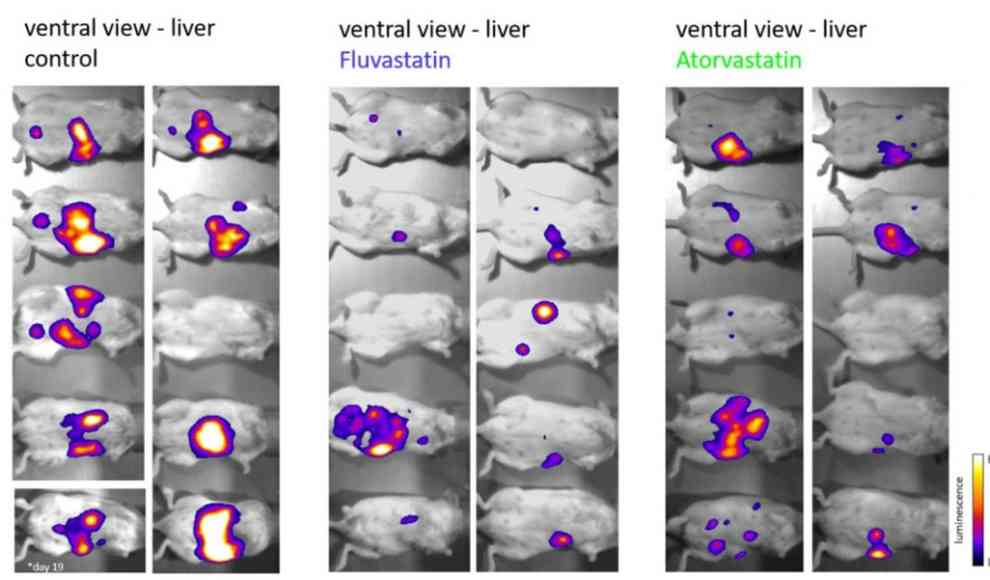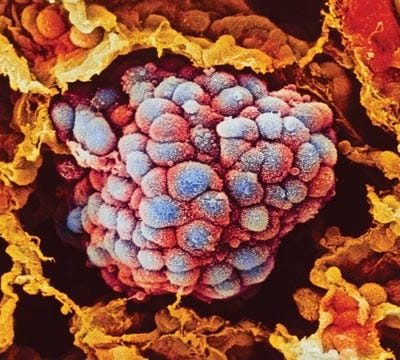A groundbreaking study conducted by researchers at the Charité in Berlin has found that cholesterol-lowering drugs, known as statins, may be effective in stopping cancer metastasis. The study, which was conducted on mice, showed a significant reduction in the formation of metastases when statins were administered. The researchers also found evidence suggesting that statins may have a similar effect on humans, which could be a major breakthrough in cancer research.
Cancer remains one of the leading causes of death in the Western world, and once a tumor has formed metastases, the chances of successful treatment decrease dramatically. However, the Berlin researchers found that a statin therapy could be a promising strategy for reducing metastasis in soft tissue and blood vessel cancers. The administration of statins to mice resulted in a significant reduction in metastasis formation. In humans, there is evidence that statin therapy reduces angiogenesis, which could prevent the formation of new metastases.
Doctors typically prescribe statins to people with high levels of unhealthy low-density lipoprotein (LDL) cholesterol. The current study, which has only been conducted on mice so far, found that the drug inhibits the MACC1 gene, which promotes the spread of cancer cells. Previous studies have shown that the MACC1 gene is present in many cancer cells and promotes metastasis formation. However, until now, there were no known drugs that could turn off the gene and prevent metastasis formation.
The Berlin researchers were able to demonstrate in animal experiments that statins have a significant effect on the MACC1 gene. The drugs inhibited the biochemical activity of the gene in cancer cells and prevented the formation of new tumors. The researchers found that administering cholesterol-lowering drugs to mice resulted in a significant reduction in tumor and metastasis formation. The study’s lead author, Ulrike Stein, noted that this effect was still observed even when the dose was reduced compared to what humans typically take.
In conclusion, the Berlin study provides promising evidence that statins may be effective in preventing cancer metastasis. While the study has only been conducted on mice so far, the researchers found evidence suggesting that statins may have a similar effect on humans. If confirmed, this could be a major breakthrough in cancer research and could lead to new treatments for this devastating disease.










